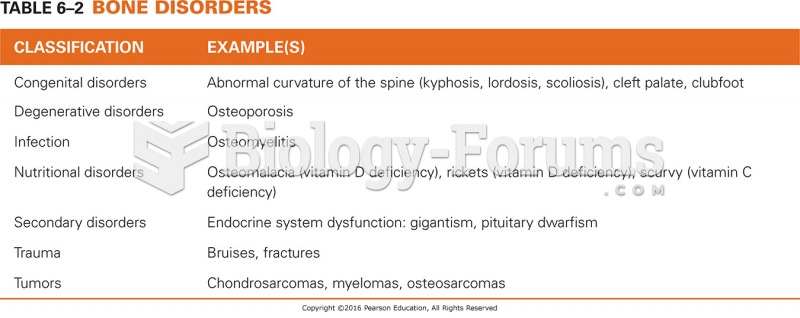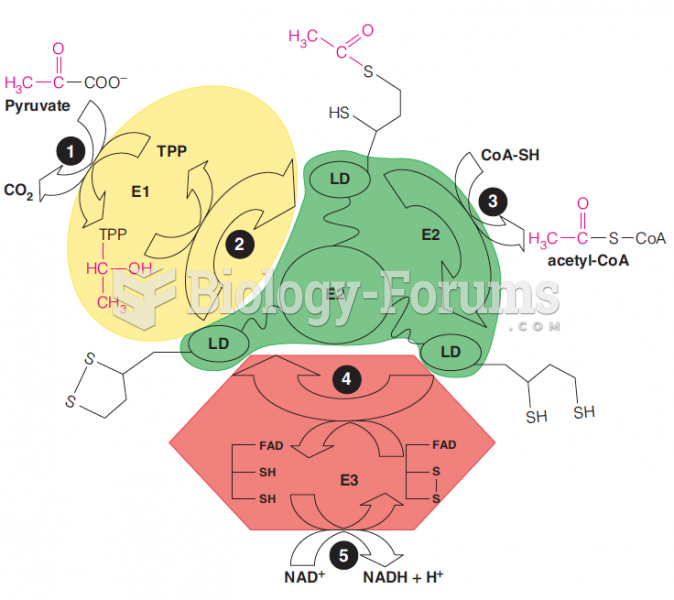Answer to Question 1
ANSWER:
Students may choose a variety of relationship difficulties to discuss. For example, couples often argue about how much time they should spend together, with one person feeling that they do not get enough attention in the relationship and the other feeling that they do not have enough freedom. Cognitive behavioral techniques can be used to address such problems. A therapist may ask the couple to think about whether their thoughts about the relationship are rational. Is spending time apart in a relationship truly something negative, or can it be healthy for the relationship? On the flip side, does spending a lot time together impede on ones personal space, or is it something that enhances the relationship? Couples may then be challenged to engage in specific behaviors to strengthen the relationship, such as setting aside a specific time to spend together each week to take part in a special activity (e.g., cook a meal together) as well as scheduling time apart from each other to pursue independent interests.
Answer to Question 2
ANSWER:
EBP combines five steps. The first step is to construct an answerable question, such as, Which treatments produce the best outcomes in cases of posttraumatic stress disorder? Next, the clinician conducts a search of the most current scientific literature related to the question. In other words, doing something because Ive always done it this way in my practice is no longer an option. Third, the clinician critically evaluates the relevant literature, using the standards for good science that we discussed in our research methods chapter. This information is then integrated with data regarding a particular case, including the patients values and circumstances. Finally, the clinician evaluates his or her performance based on the patients outcomes and makes necessary adjustments.







